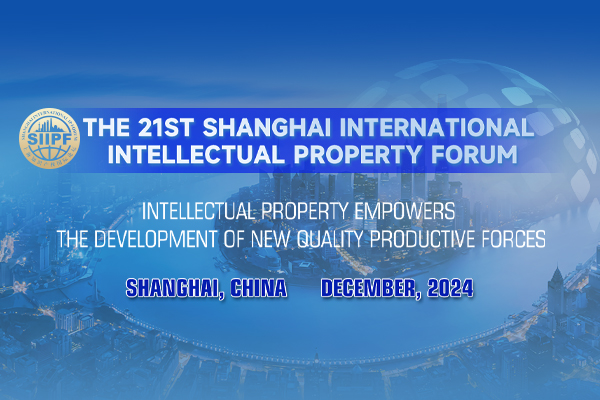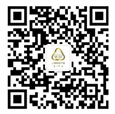The patentee, a German company, holds the invention patent for a method of preparing dialkyl phosphinate, which was authorized on Aug 11, 2010. In the first half of 2024, the patentee filed administrative patent infringement complaints with the Shanghai Intellectual Property Administration against a chemical technology company in Shanghai and a new material technology company in Anhui province.
The patentee accused the two respondents of jointly manufacturing and selling infringing products. Citing environmental impact assessment (EIA) reports published on the official website of the Huaibei Municipal People's Government (where the new material technology company is located), the patentee sought a ruling that the technical solutions used by the respondents in producing and marketing these products fell within the protection scope of the patent for preparing dialkyl phosphinate, and requested an order to cease the alleged infringement.
The respondents argued that the auxiliary materials added in their actual production processes differed from those disclosed in the EIA reports. They claimed their production processes complied with the Environmental Impact Assessment Law of the People's Republic of China and relevant regulations issued by the Anhui provincial government.
The Shanghai Intellectual Property Administration ruled that a technical comparison based solely on the EIA reports was insufficient and encouraged mediation. Ultimately, a settlement was reached: the respondents agreed to halt sales of the infringing products for the patent's validity period.
This case underscores the importance of effective and professional administrative protection mechanisms in establishing a stronger intellectual property (IP) protection framework, thereby enhancing the trust of foreign enterprises in investing in China. This ruling will further solidify Shanghai's reputation as a global hub for IP protection, offering robust legal protections for high-quality economic growth.







